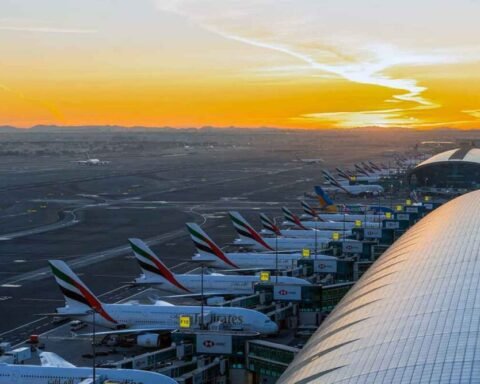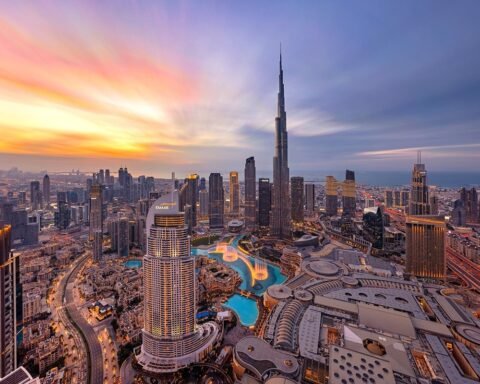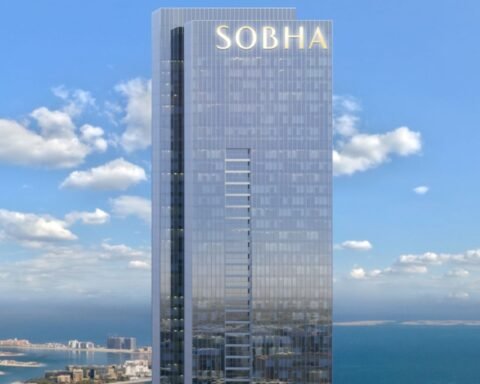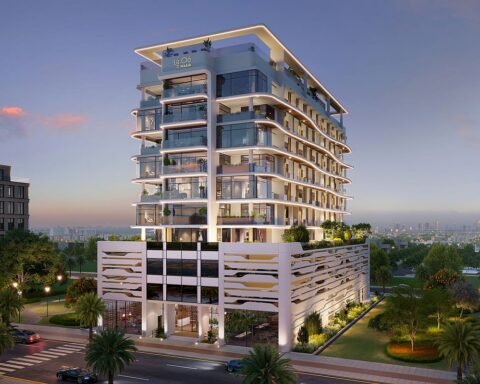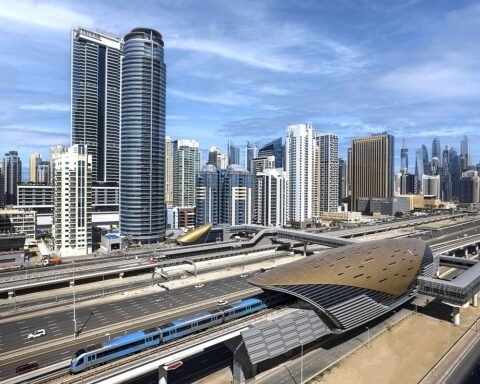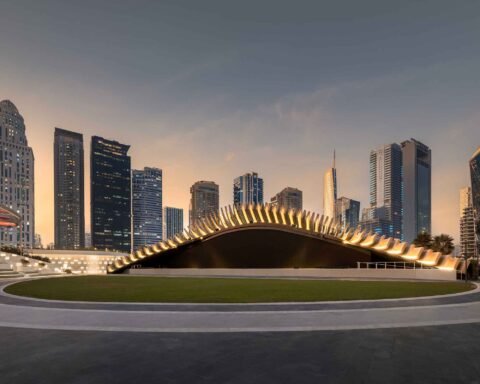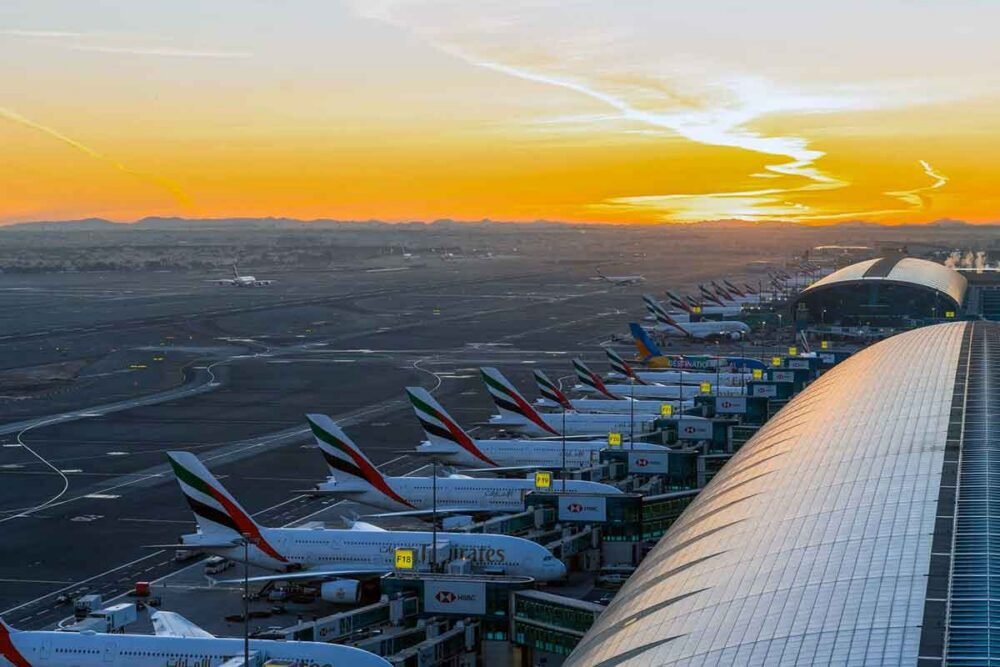
Abu Dhabi’s Real Estate Market Hits Record Capital Gains Amid Supply Constraints
Capital Gains, Rising Rents, and Strong Demand Propel Abu Dhabi’s Real Estate Market to New Heights in 2025
by Allen Cot
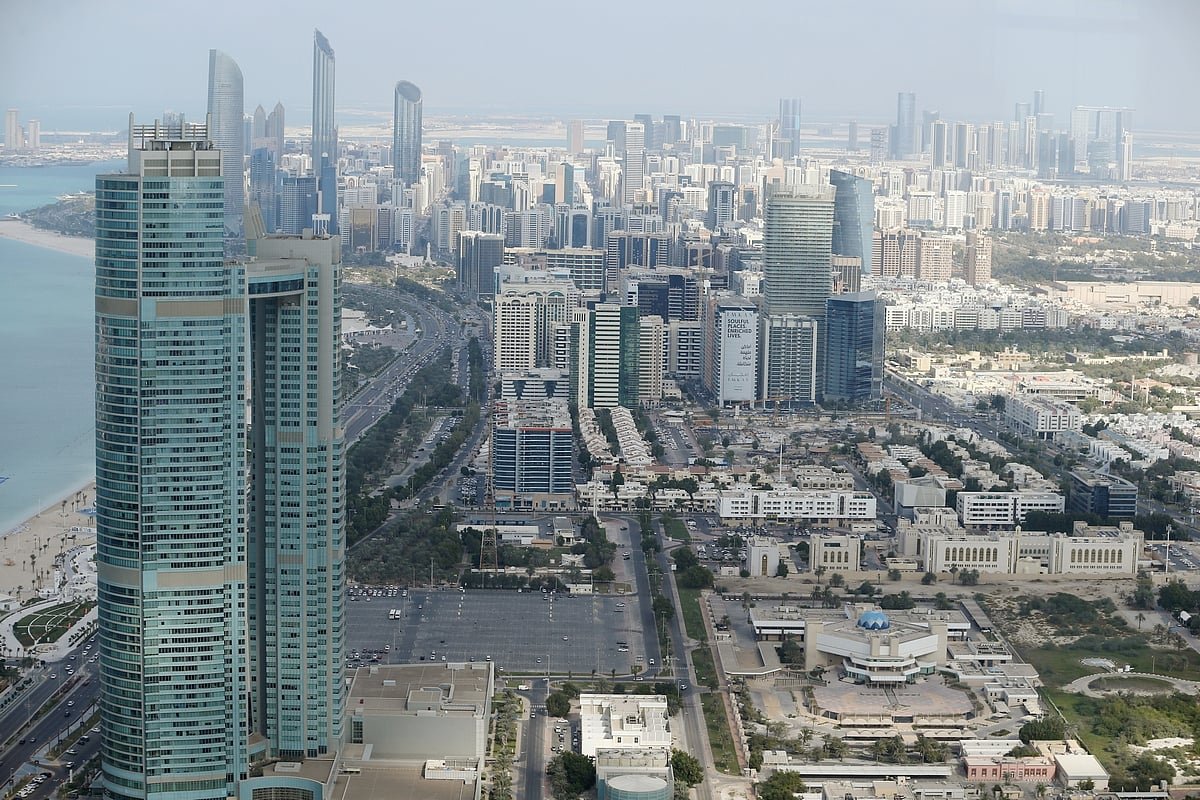
Surging Demand, Limited Supply, and Robust Investor Confidence Propel Price and Rental Growth Across Residential, Commercial, and Hospitality Sectors
Abu Dhabi’s real estate market has marked an extraordinary performance in Q1 2025, posting its strongest capital gains in three years, according to the latest ValuStrat research report. Despite a slowdown in overall sales volumes, the market has remained buoyant, with rising prices and rents across residential, commercial, and hospitality sectors. Investor confidence in the emirate’s real estate sector shows no signs of waning, even as supply constraints push property values and rental rates to new heights.
Strong Demand and Limited Supply Drive Market Growth
The surge in property values and rents in Abu Dhabi is largely attributed to robust demand and a limited supply of new housing. With just 2% of the anticipated 2025 housing pipeline delivered in Q1, a critical supply shortage has intensified competition and pushed property prices upward. According to the ValuStrat Price Index (VPI), residential property prices increased by 2.1% quarterly and 7.2% year-on-year, reaching 125.6 points. This reflects growing investor interest in the emirate’s residential market, despite a slight dip in overall sales volumes.
Villas led the charge, with a 2.7% quarterly increase and a 9.7% year-on-year rise, bringing their price index to 134.7 points. Apartments, while showing more moderate growth, still climbed 1.5% QoQ and 4.5% YoY to 116.9 points, underscoring the strength of Abu Dhabi’s diverse property market.
Rising Rental Values Reflect Strong Demand
Abu Dhabi’s residential rental market mirrored the upward trend in capital gains, with rental values seeing significant increases across the emirate. The residential rental VPI rose 2.2% QoQ and 9% YoY, reflecting robust demand and relatively limited housing options. While both apartments and villas saw rental increases, apartments experienced stronger growth, with 3.4% quarterly growth and 11.6% annual growth, bringing their rental index to 117.6 points. Villa rents, while rising 6.3% YoY, remained flat on a quarterly basis at 124.8 points.
The city’s gross rental yields averaged 7.8%, with apartments offering higher returns at 8.3%, compared to villas at 6.7%. The occupancy rate in residential properties stood at 88.1%, signaling continued strong demand from tenants across Abu Dhabi.
Saadiyat Island and Al Raha Lead Price Growth
Certain areas of Abu Dhabi have emerged as prime investment hotspots, with Saadiyat Island and Al Raha recording exceptional price gains. Villas on Saadiyat Island saw the highest annual price growth at 21.2%, followed by Al Raha with a 8.2% increase and Mohammed Bin Zayed City with 4.7%. In the apartment market, Al Reef led with a 7.5% annual growth, followed by Saadiyat Island at 6.2% and Al Muneera at 5.7%.
Average Home Values and Rental Rates
In Q1 2025, the average price per square meter for homes in Abu Dhabi reached Dh10,226, with apartments priced at Dh10,979 per square meter and villas at Dh8,407. Apartment rents in Abu Dhabi City averaged Dh114,000 annually, with Al Reef, Al Bandar, and Al Muneera seeing the strongest quarterly rent increases. Villa rents in the city averaged Dh245,000 annually, with Al Reef and Al Raha leading the charge.
Typical annual rents were reported as:
- Dh63,000 for studios
- Dh89,000 for one-bedroom apartments
- Dh180,000 for three-bedroom villas
Despite the price surges, sales activity presented a mixed picture. Off-plan sales declined, primarily due to a lack of new project launches. However, ready home sales showed year-on-year growth, with mortgage-backed purchases indicating stable domestic demand. Major developers are continuing to invest in projects across strategic locations such as Saadiyat Island, Zayed City, Ghantoot, and Masdar City, signaling confidence in the long-term prospects of Abu Dhabi’s real estate market.
Commercial and Hospitality Sectors Perform Strongly
In addition to residential properties, Abu Dhabi’s commercial and hospitality sectors have also posted impressive growth. Office rents and prices have increased, supported by high occupancy rates in central business districts. Retail activity has remained resilient, bolstered by robust foot traffic and consumer demand.
The hospitality sector experienced particularly strong performance, with hotel occupancy rates reaching 78% in Q1 2025, a 5% increase YoY. The surge in tourism, driven by events such as the Abu Dhabi Grand Prix and various cultural festivals, has played a key role in driving growth in the sector. Revenue per available room (RevPAR) also saw an upward trend as more visitors flocked to the emirate.
Outlook for Abu Dhabi’s Real Estate Market
Despite the challenges posed by limited supply, Abu Dhabi’s real estate market is expected to continue its upward trajectory, driven by strong economic fundamentals and ongoing investment in infrastructure and government reforms. Visa reforms and initiatives to attract foreign investment have contributed to increasing demand, especially from expatriates and global investors.
However, addressing the supply constraints remains a crucial factor to sustain the market’s momentum. While the development pipeline remains constrained, experts remain optimistic that sustained construction activity could help balance the market in the long term.
Conclusion
Abu Dhabi’s real estate market has proven to be resilient and dynamic in 2025, with rising prices, strong rental growth, and continued investor confidence. As the city continues to attract global attention for its luxury living and business opportunities, Abu Dhabi is set to remain a prime investment destination. With ongoing government support, infrastructure investments, and demand for high-quality properties, the emirate’s property sector shows no signs of slowing down.
Post Views: 1,048



